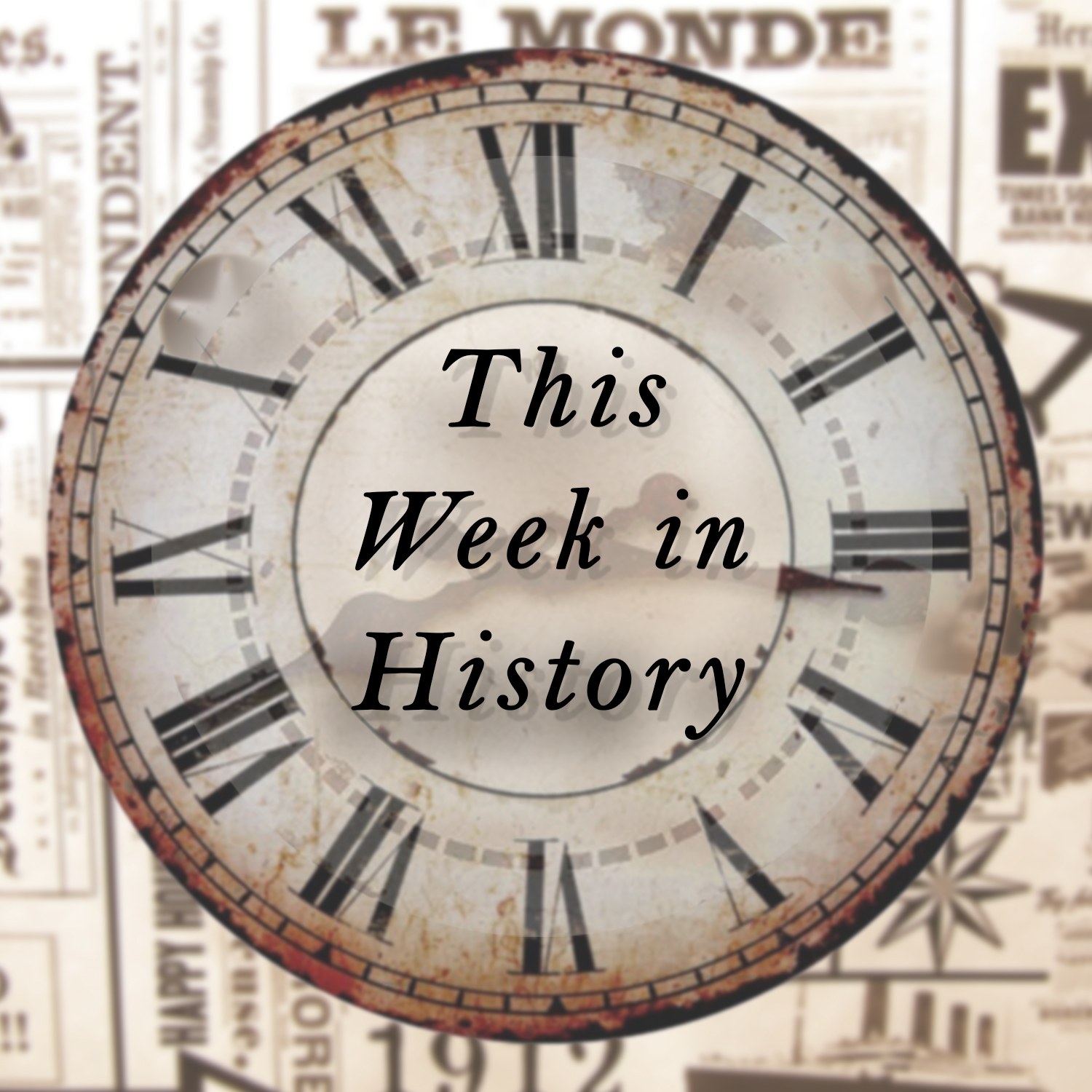- On Feb. 10, 1996, world chess champion Garry Kasparov lost the first of six chess games with Deep Blue. Kasparov is known as one of the greatest chess champions of all time due to his early achievements, his swashbuckling play style, and his ability to change strategies mid-game. Deep Blue was a computer developed by IBM that had the ability to evaluate 200 million moves per second. While Kasparov ended up winning, this was a legendary match because it was the first time a man challenged a computer in an official competition.
- During a protest against racial segregation on Feb. 8, 1968, police fired into the crowd of about 200 unarmed African American students, killing three and wounding 30. The protests began in Orangeburg, home of South Carolina State and Claflin University, both of which had a high population of black students. Students gathered to protest racial segregation of a bowling alley and other local privately owned establishments. As it got later in the day, students built a bonfire at the campus entrance. Eventually, fed up by the attitude of the protests, Chief Pete Strom ordered the fire to be put out. As the fire was being put out, a police officer was allegedly hit. In response, a few police officers raised their guns and shot into the darkness. Chaos ensued as students feared for their lives and tried to run away. Freshman Sammy Hammond was shot in the back; 17-year-old high school student Delano Middleton was shot seven times, and 18-year-old Henry Smith was shot three times. This massacre is known to be one of the most violent incidents in the civil rights movement.
- After 27 years of imprisonment, Nelson Mandela was released on Feb. 11, 1990. Mandela was a leader to end South African Apartheid and had organized many nonviolent protests. However, in 1960 police opened fire on a group of unarmed black South African demonstrators in what became known as the Massacre in Sharpeville. In response, Mandela organized an unofficial military force of the African National Congress to engage in guerilla warfare against the white minority government. As a result, Mandela was arrested for treason. Mandela was released from his imprisonment after F.W. de Klerk became South African president. Three years later, Mandela and de Klerk were awarded the Nobel peace prize. One year after that, in South Africa’s first free elections, Mandela became the president.
- On Feb. 11, 2020, the World Health Organization officially named the coronavirus COVID-19. CO stands for corona, VI stands for virus, D stands for disease, and 19 stands for the year it was discovered. While it was originally referred to as the Wuhan Virus or nCoV-201 in the early stages, these were discarded due to the organization naming guidelines which state that new names for infectious diseases cannot be named after locations, animals, individuals or groups of people. Additionally, the names must be pronounceable. In an interview, the organization’s director-general, Tedros Adhanom Ghebreyesus, stated that having an official name prevents the use of other names that may be stigmatizing and inaccurate.


